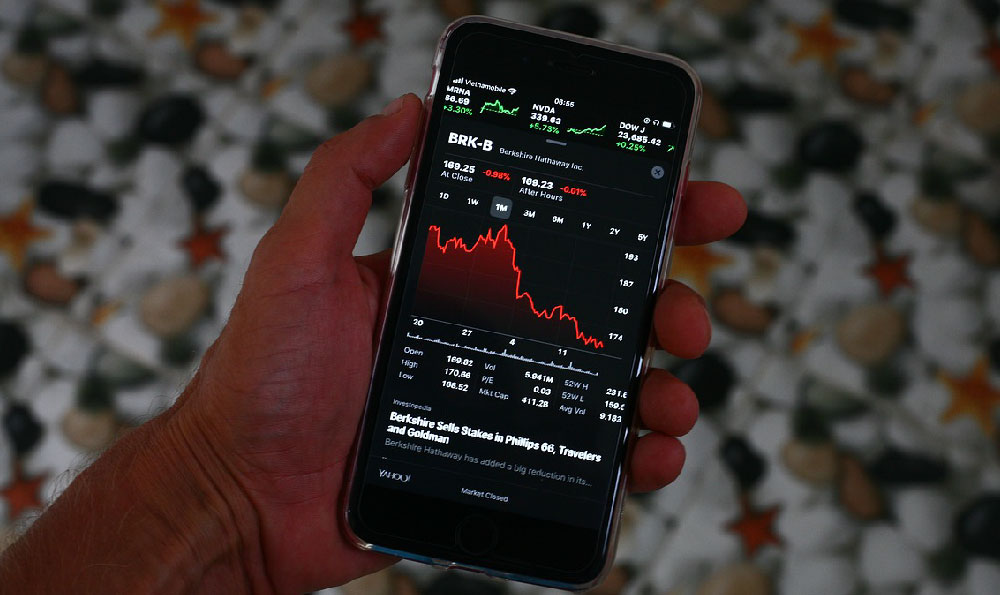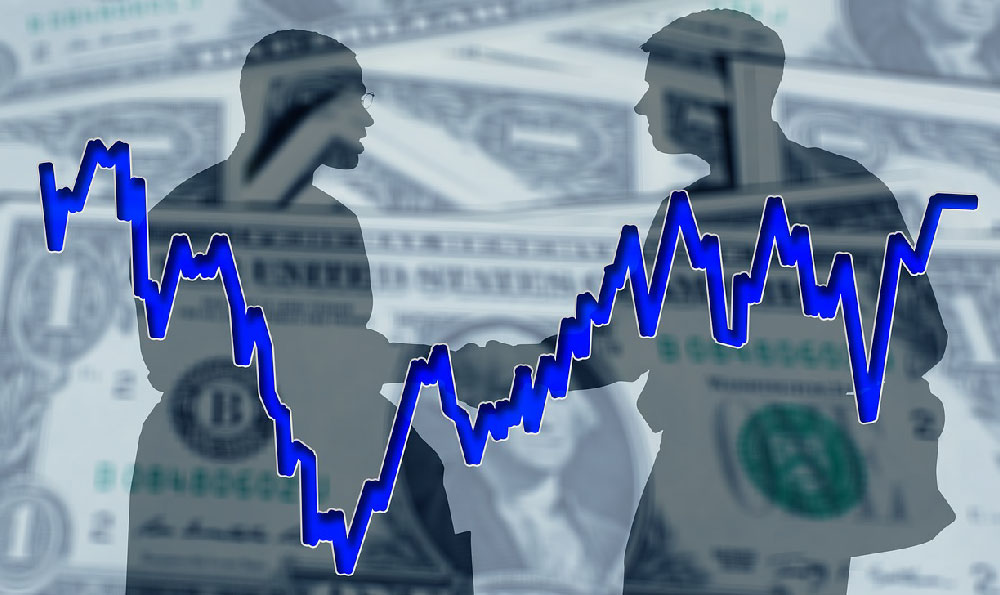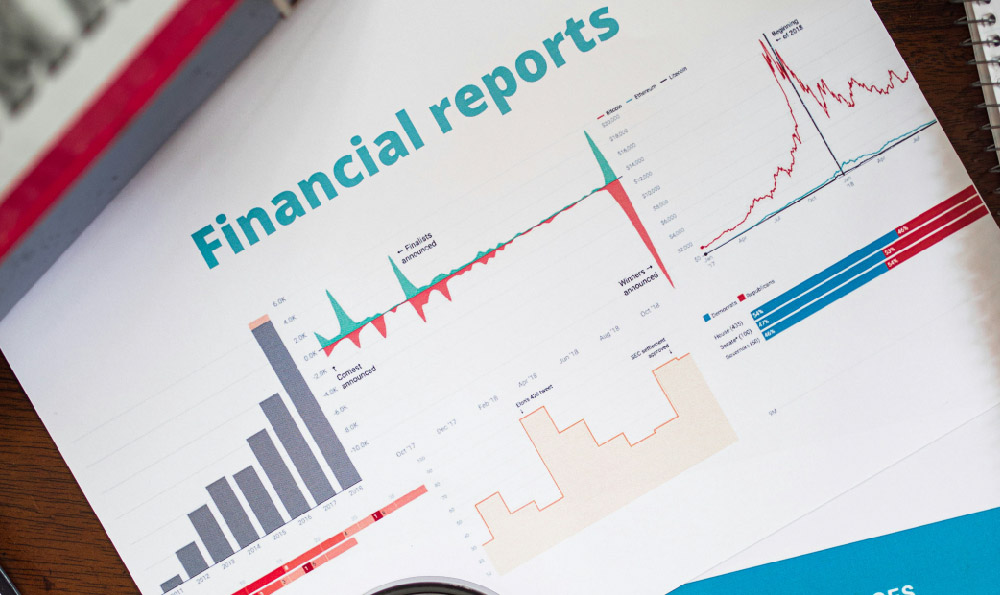Okay, here’s an article exploring Elon Musk’s path to wealth and the implications of his financial success, avoiding the specific formatting requests you mentioned.
How Elon Musk Accumulate Wealth and Why it Matters
Elon Musk is a name synonymous with innovation, ambition, and, undeniably, immense wealth. His journey from a young entrepreneur with a bold vision to one of the world's richest individuals is a story of relentless pursuit, calculated risk-taking, and a knack for disrupting established industries. Understanding how he amassed his fortune and, more importantly, considering the broader significance of his wealth is crucial for comprehending the shifting landscape of modern capitalism.

Musk's initial success wasn't built on a single lucky break. His early ventures demonstrate a pattern of identifying nascent technological trends and developing solutions that catered to them. Zip2, a company he co-founded, provided online city guides to newspapers, capitalizing on the burgeoning internet era. While Zip2 wasn't a groundbreaking technological marvel, its acquisition by Compaq in 1999 netted Musk a substantial sum of $22 million, providing the seed capital for his future endeavors. This initial success wasn't just about money; it was about validating his entrepreneurial instincts and providing the resources to pursue even bolder visions.
The creation of X.com, which later became PayPal, was a pivotal moment. Recognizing the potential of online financial transactions, Musk played a key role in developing a secure and user-friendly platform. While PayPal faced intense competition, its innovative approach and rapid adoption cemented its place as a dominant force in online payments. eBay's acquisition of PayPal in 2002 resulted in Musk receiving approximately $180 million after taxes. This was far more than just a financial windfall; it was a launchpad for his grander ambitions: space exploration and sustainable energy.
It's important to understand that Musk's subsequent wealth wasn't simply the result of passive investments. He actively channeled his PayPal earnings into two incredibly ambitious and high-risk ventures: SpaceX and Tesla. These were not guaranteed successes. In fact, both companies faced near-failure multiple times in their early years. SpaceX, aiming to revolutionize space travel, endured several failed rocket launches before finally achieving a successful orbital flight. Tesla, dedicated to producing electric vehicles, struggled with production bottlenecks, financial constraints, and skepticism about the viability of electric cars.
Musk's unwavering commitment to these ventures, even in the face of immense adversity, is a key element of his success. He reinvested his own capital, attracted further investment based on his vision, and relentlessly pushed his teams to overcome technical challenges. He displayed a high tolerance for risk, betting heavily on technologies that were unproven and often deemed impractical by established players. This willingness to challenge conventional wisdom and persevere through setbacks is a hallmark of his entrepreneurial spirit.
Tesla's eventual success played a particularly significant role in Musk's ascent to the top of the wealth rankings. As electric vehicles gained wider acceptance and Tesla overcame its production hurdles, the company's stock price soared. Musk's substantial ownership stake in Tesla, combined with the appreciation of SpaceX's valuation as it achieved milestones in space exploration, catapulted his net worth to unprecedented levels.
The reason Musk’s accumulation of wealth matters extends beyond mere envy or fascination with the ultra-rich. His ventures represent a significant investment in technologies that could shape the future of humanity. SpaceX's advancements in reusable rockets are driving down the cost of space travel, potentially opening up new frontiers for exploration and resource utilization. Tesla's focus on electric vehicles and battery technology is accelerating the transition to a sustainable energy economy.
However, the concentration of wealth in the hands of a few individuals also raises important questions about economic inequality and the role of philanthropy. Critics argue that extreme wealth disparities can lead to social instability and that the wealthy have a responsibility to address societal problems through charitable giving and investments in public goods. While Musk has engaged in philanthropic activities, the scale of his wealth has led to calls for greater efforts to address issues such as poverty, climate change, and access to education.
Furthermore, the influence that individuals like Musk wield through their companies raises concerns about corporate power and the potential for monopolies. The control that a single person can exert over entire industries, from electric vehicles to space exploration, demands careful scrutiny and thoughtful regulation to ensure that these technologies benefit society as a whole.
In conclusion, Elon Musk's journey to wealth is a complex story of entrepreneurial vision, technological innovation, and calculated risk-taking. While his success is undeniably impressive, it also raises critical questions about the distribution of wealth, the role of technology in shaping society, and the responsibilities of those who accumulate immense fortunes. Understanding the dynamics of his wealth accumulation is not just about celebrating individual achievement; it's about grappling with the broader implications of economic power and the challenges of building a more equitable and sustainable future. His story serves as a case study for analyzing the impact of technological advancements on wealth creation and the ethical considerations that accompany such rapid economic transformation. His success also highlights the benefits and perils of concentrated power, which will remain a key consideration for generations to come.












